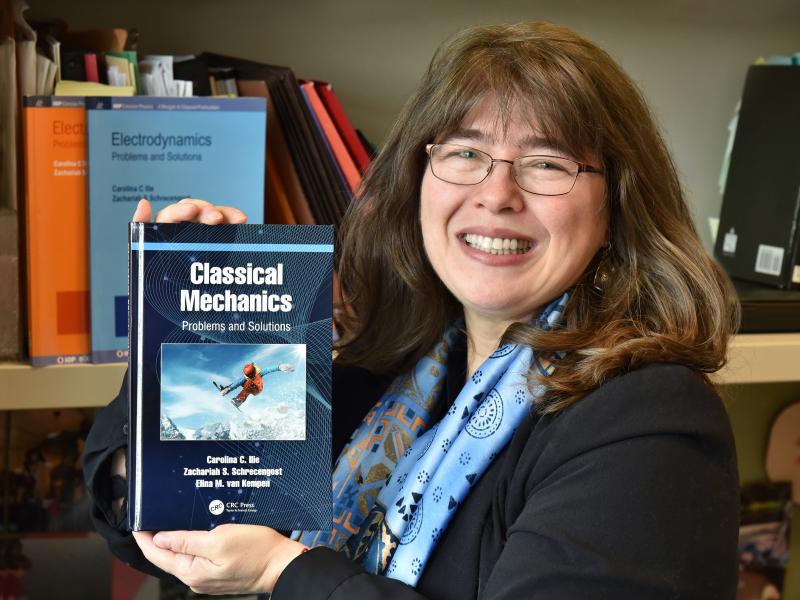Classical mechanics, a branch of physics that deals with the motion of particles and physical systems under the action of forces, is a fundamental subject taught to students in physics courses. However, many students often find themselves grappling with various doubts and uncertainties when it comes to understanding the concepts and principles of classical mechanics.
From grasping the laws of motion formulated by Sir Isaac Newton to comprehending the concepts of energy, momentum, and dynamics, students are often faced with challenges that can leave them feeling overwhelmed and confused. In this article, we will delve into some common doubts that students have about classical mechanics and provide insights to help clarify these uncertainties.
What is classical mechanics?

Classical mechanics is a fundamental branch of physics that deals with the motion of everyday objects, from baseballs to planets. It is based on Sir Isaac Newton\’s laws of motion and his law of universal gravitation.
These principles govern how objects move when forces are applied to them, whether they are accelerating, decelerating, or staying at a constant velocity. Classical mechanics also includes the study of energy and momentum, which play crucial roles in determining the behavior of systems.
Solved problems in classical mechanics provide practical examples and applications of these principles, helping to illustrate and reinforce the concepts. Overall, classical mechanics provides a framework for understanding the natural world and is essential for various fields of science and engineering.
Why is classical mechanics important for understanding physics?

Classical mechanics is the foundation of physics and provides the fundamental principles that underlie the behavior of the physical world. Understanding classical mechanics is crucial for students studying physics as it allows them to grasp the basic laws governing motion, forces, and energy.
By mastering classical mechanics, students can effectively analyze and predict the motion of objects, from simple projectiles to complex systems. Furthermore, classical mechanics serves as a bridge between the macroscopic world of everyday experiences and the microscopic realm of quantum mechanics, making it an essential component of any physicists toolkit. Overall, a solid understanding of classical mechanics is indispensable for any student looking to excel in the field of physics.
What are the fundamental concepts of classical mechanics?
Classical mechanics is a branch of physics that deals with the motion of objects and how they interact with forces. The fundamental concepts of classical mechanics include Newtons laws of motion, which describe how an object will move if a force is applied to it.
The first law states that an object will remain at rest or in uniform motion unless acted upon by an external force. The second law relates the acceleration of an object to the force applied to it and its mass, while the third law states that for every action, there is an equal and opposite reaction. Additionally, classical mechanics also encompasses concepts such as energy, momentum, and rotational motion, all of which play a crucial role in understanding the behavior of physical systems.
Conclusion

In conclusion, it is understandable that students may have doubts and challenges when learning classical mechanics, as it is a complex and foundational topic in physics. However, by breaking down the concepts into manageable parts, practicing with solved problems, and seeking help when needed, students can overcome these doubts and excel in their understanding of classical mechanics.
With patience, perseverance, and a willingness to learn, students can master this fundamental branch of physics and build a strong foundation for their future studies in the field.


